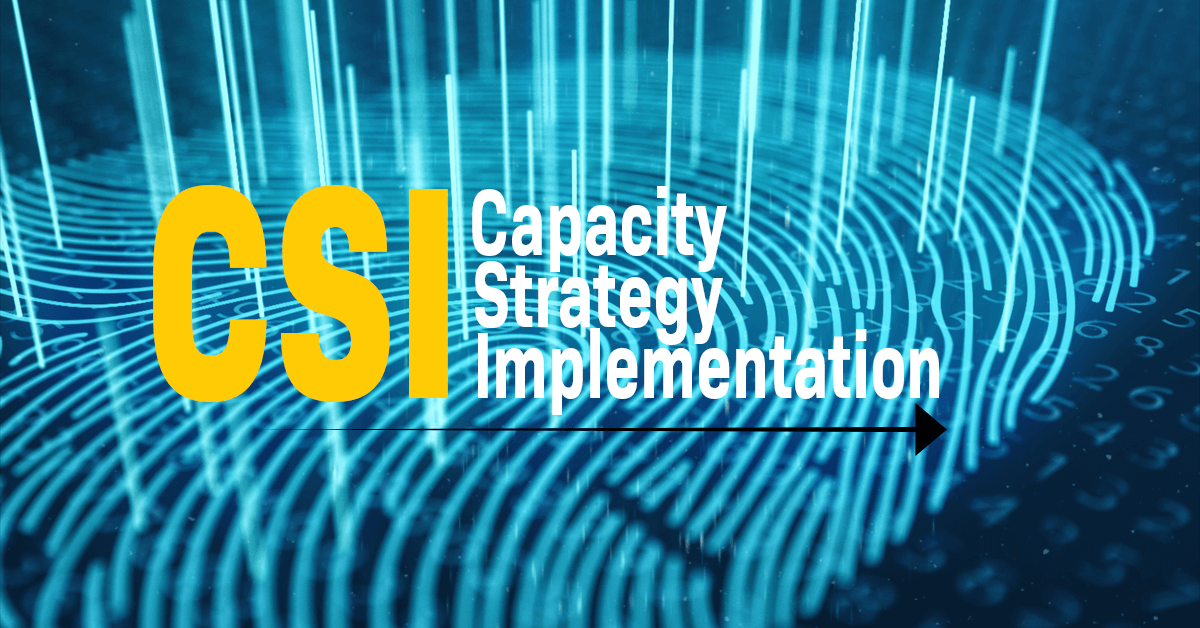CSI: Capacity Before Strategy & Implementation
The previous two articles (Part 1 & Part 2) in this series have highlighted the deficiencies in the current governance models in failing to incorporate capacity, the key element in determining what is achievable for schools. The result has been a landscape of failed strategic plans and tactical approaches.
Would you teach high school physics to kids who never learned algebra? Sure, great teachers could do it… but over and over you’d say, “we’ll have to go back and teach them this skill before we can move on…” In other words, there are building blocks missing; if the kids had the prerequisites, they’d have more capacity to learn physics (and even MORE if they’d done calculus).
Similarly, school leaders are attempting to implement strategic change without sufficient capacity-building. Sanje Ratnavale’s recent articles have challenged schools to re-envision governance because the old models are not working well. Before schools can reinvent themselves, they need to invest in building the underlying prerequisites for change.
Most Change Fails. Here’s why.
In the last two decades, I’ve worked with leaders in a wide range of organizations around the world… from FedEx to…



